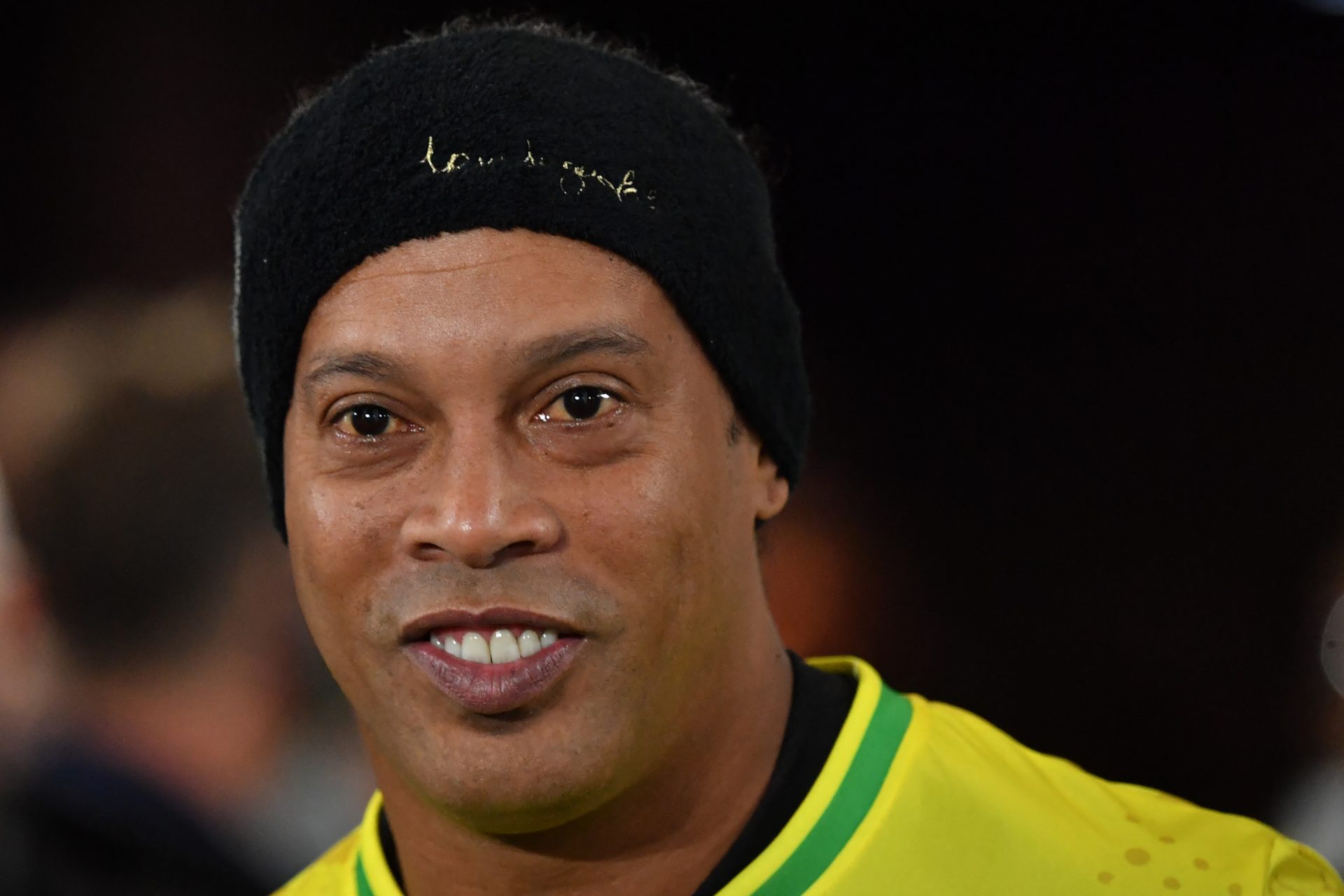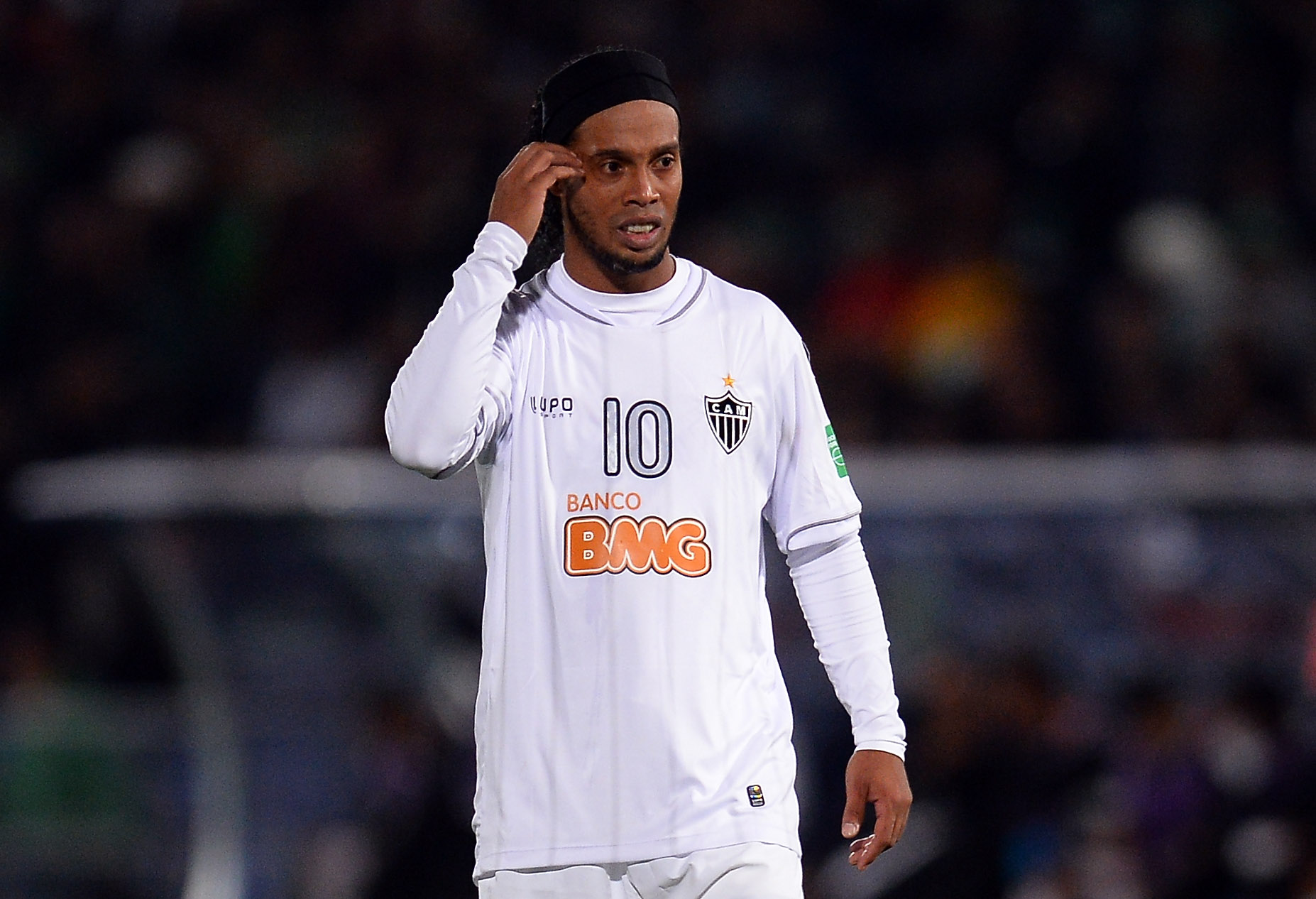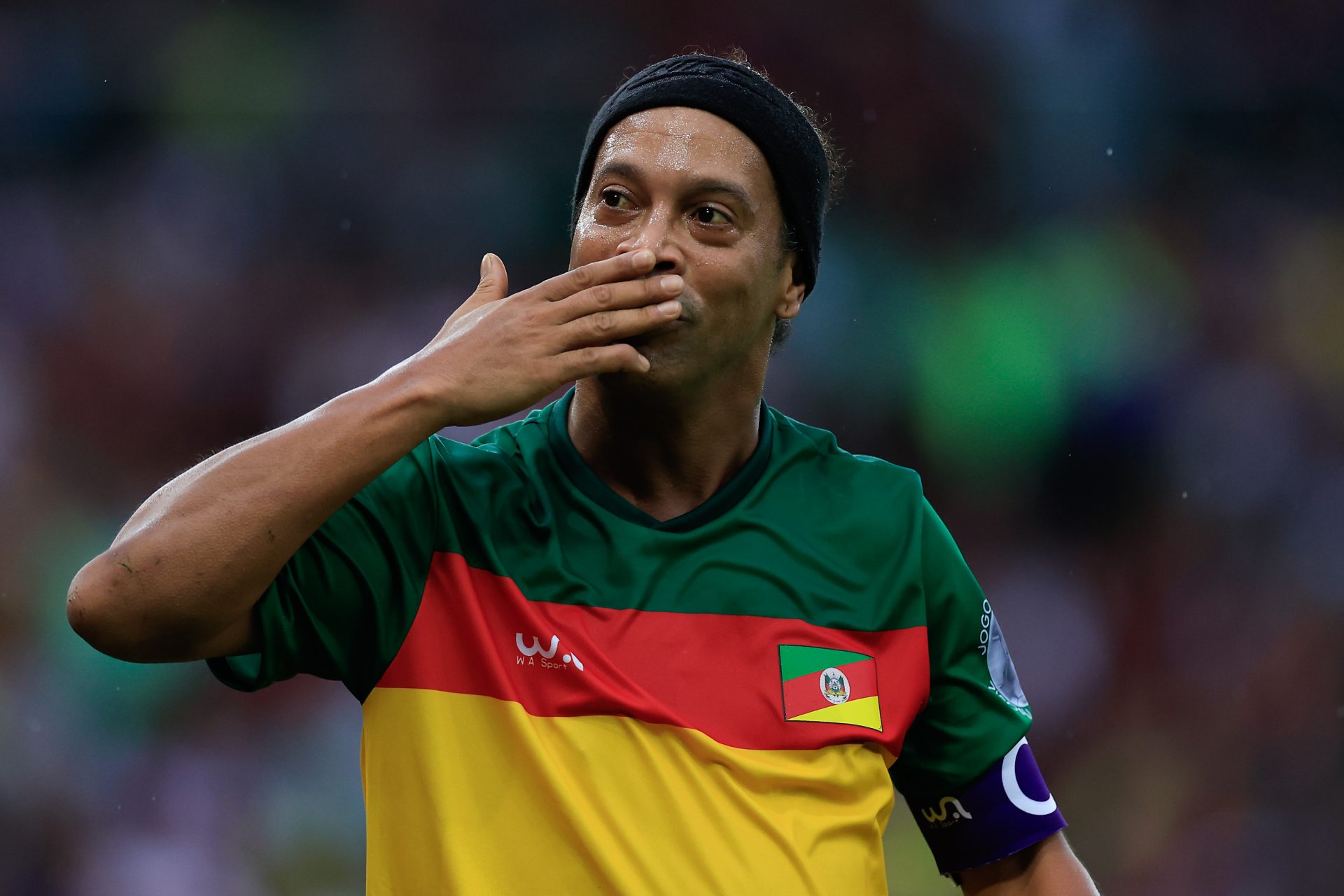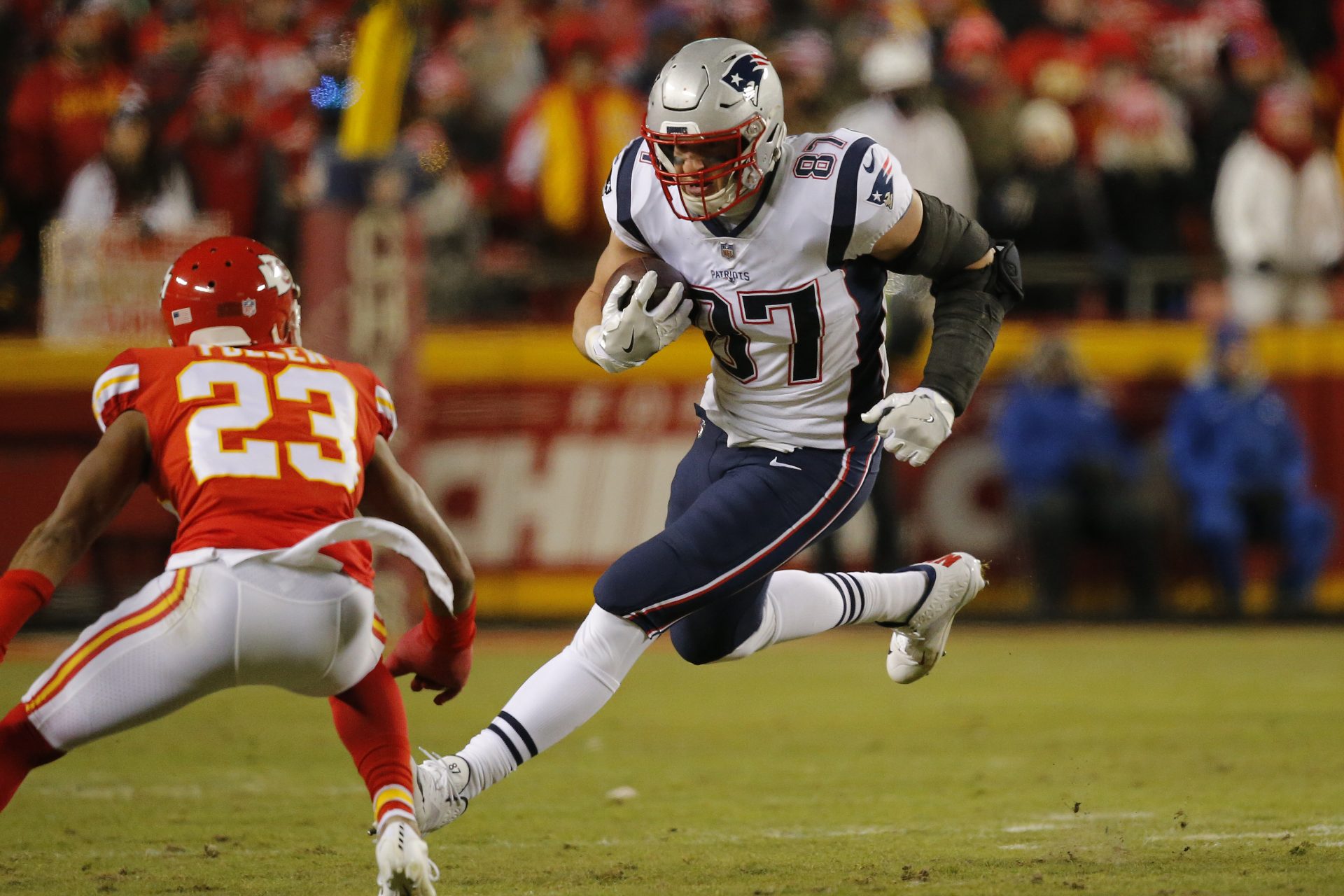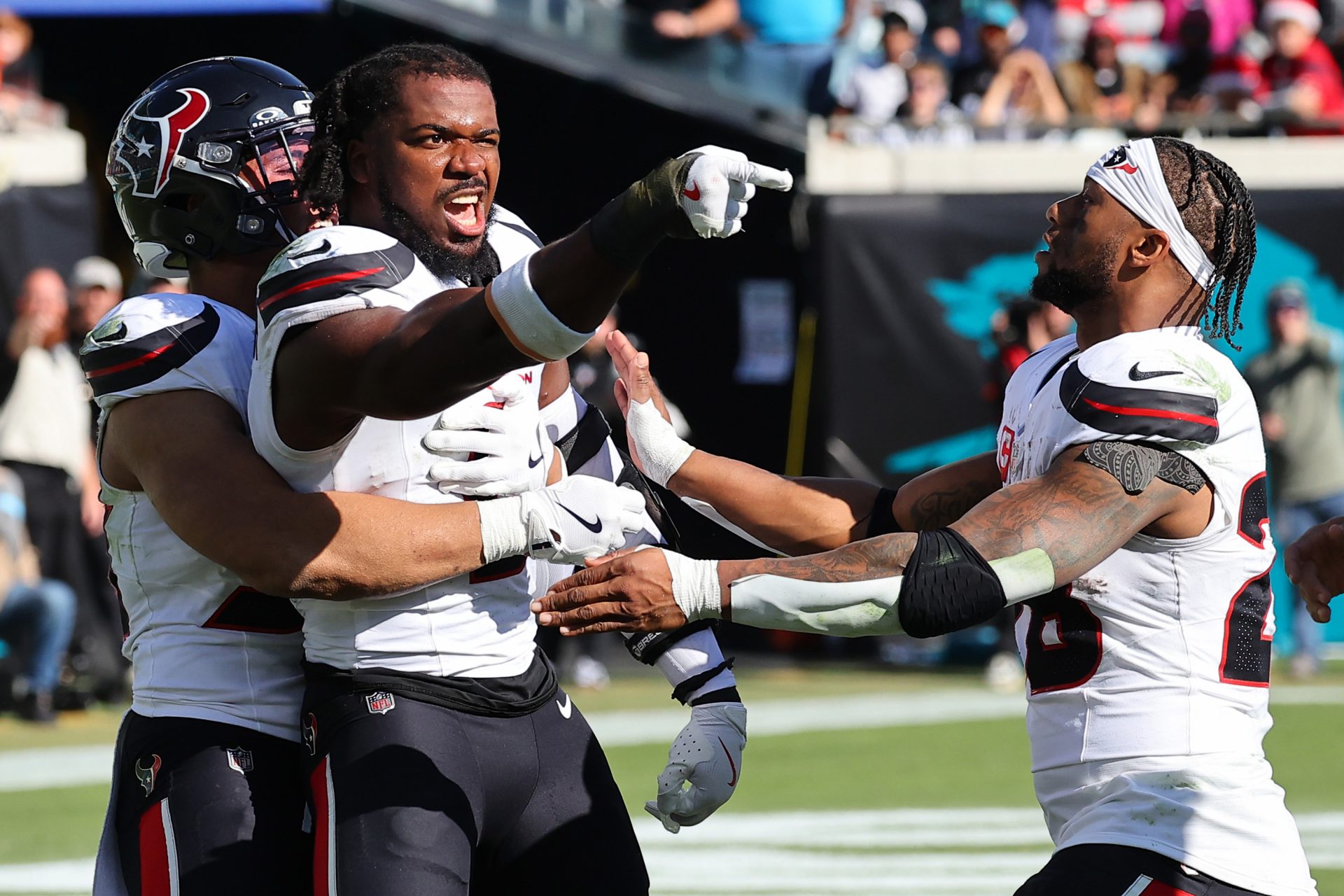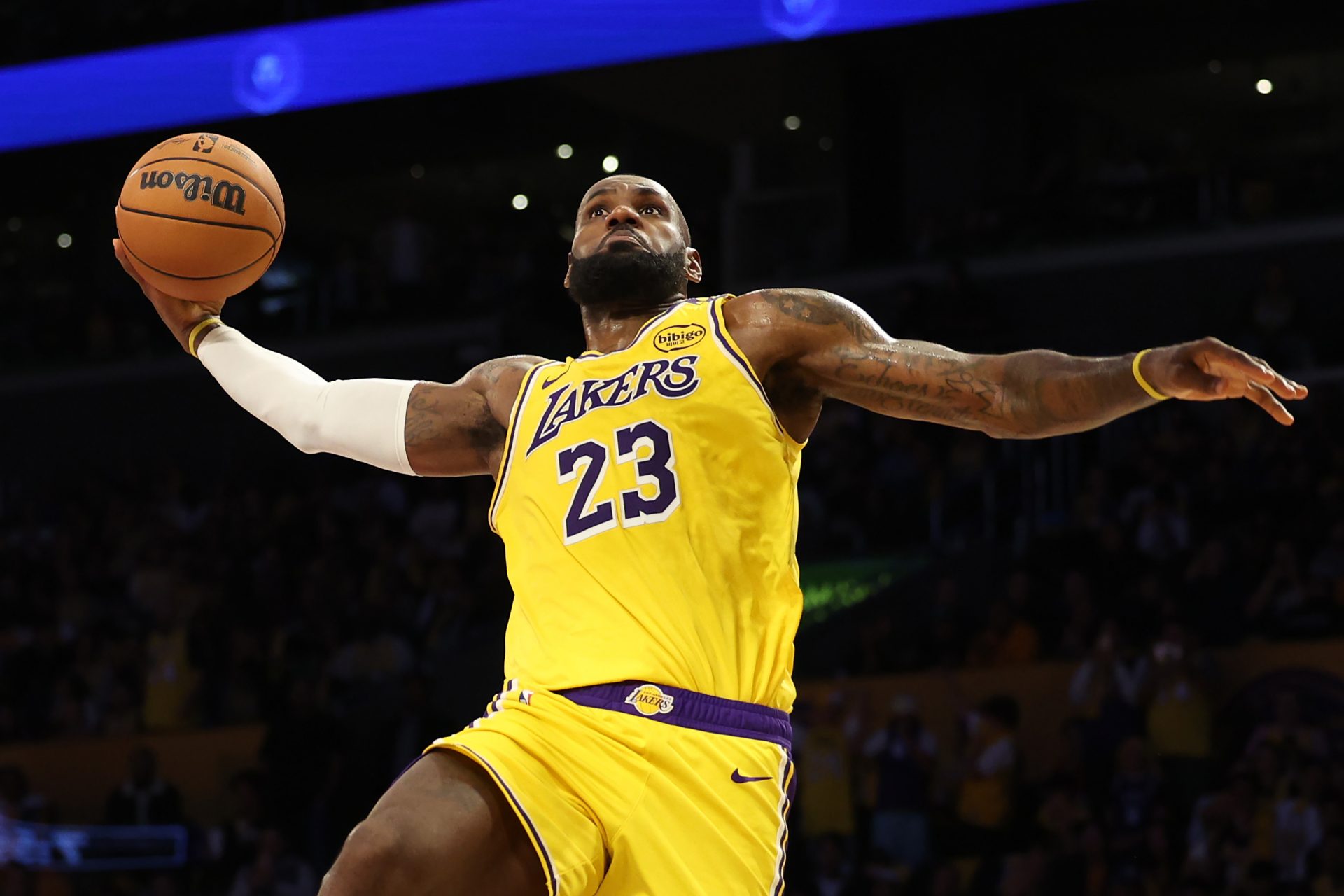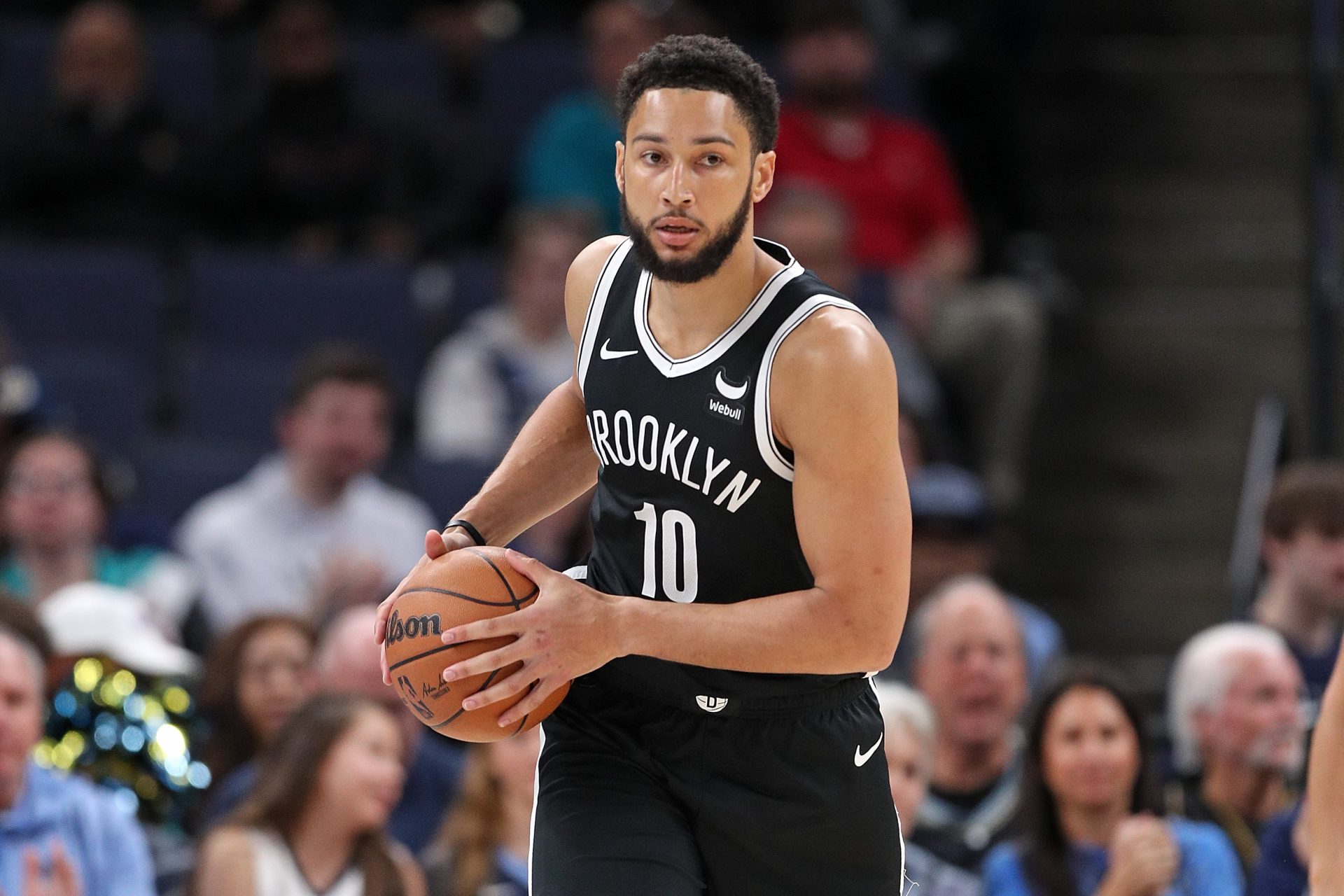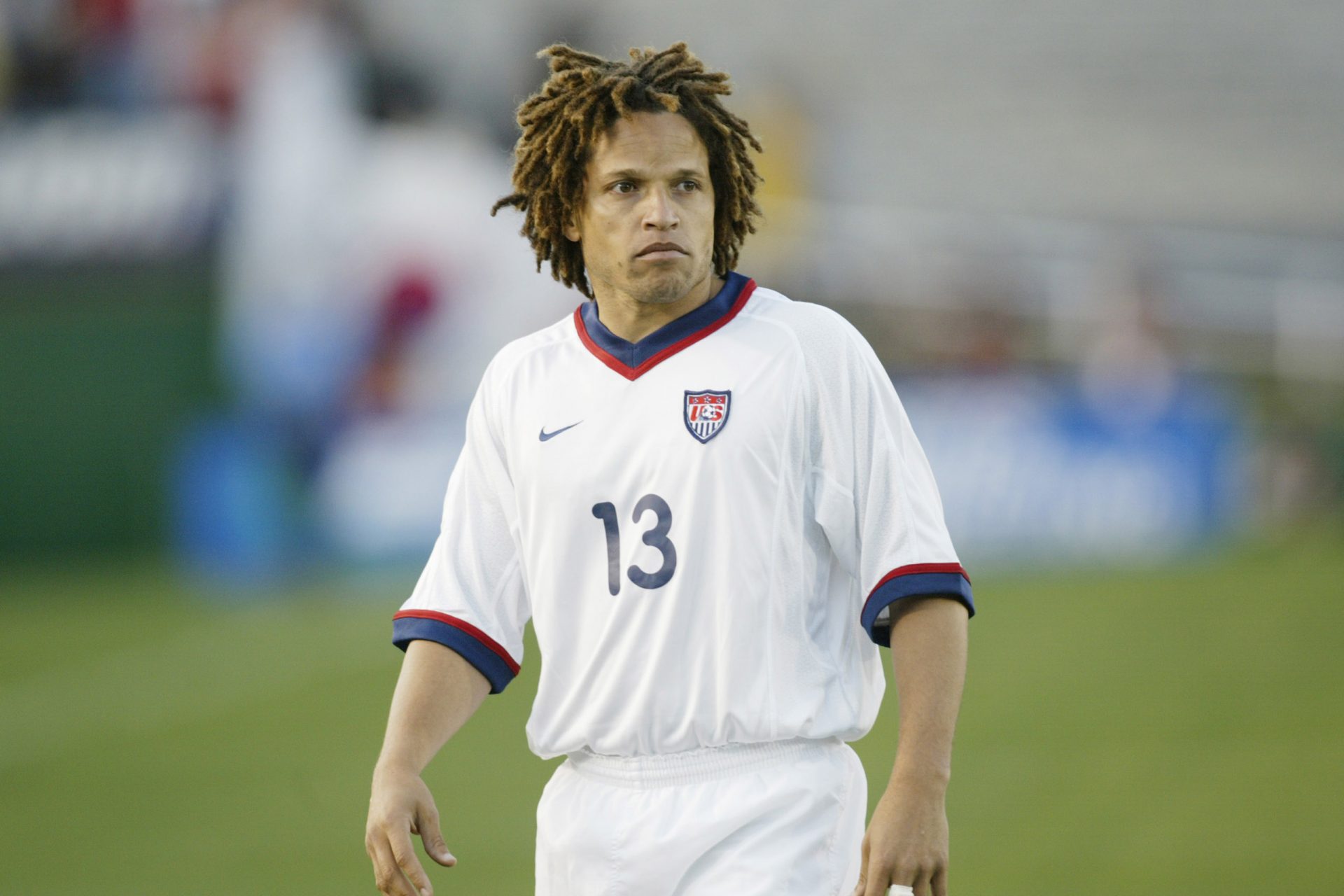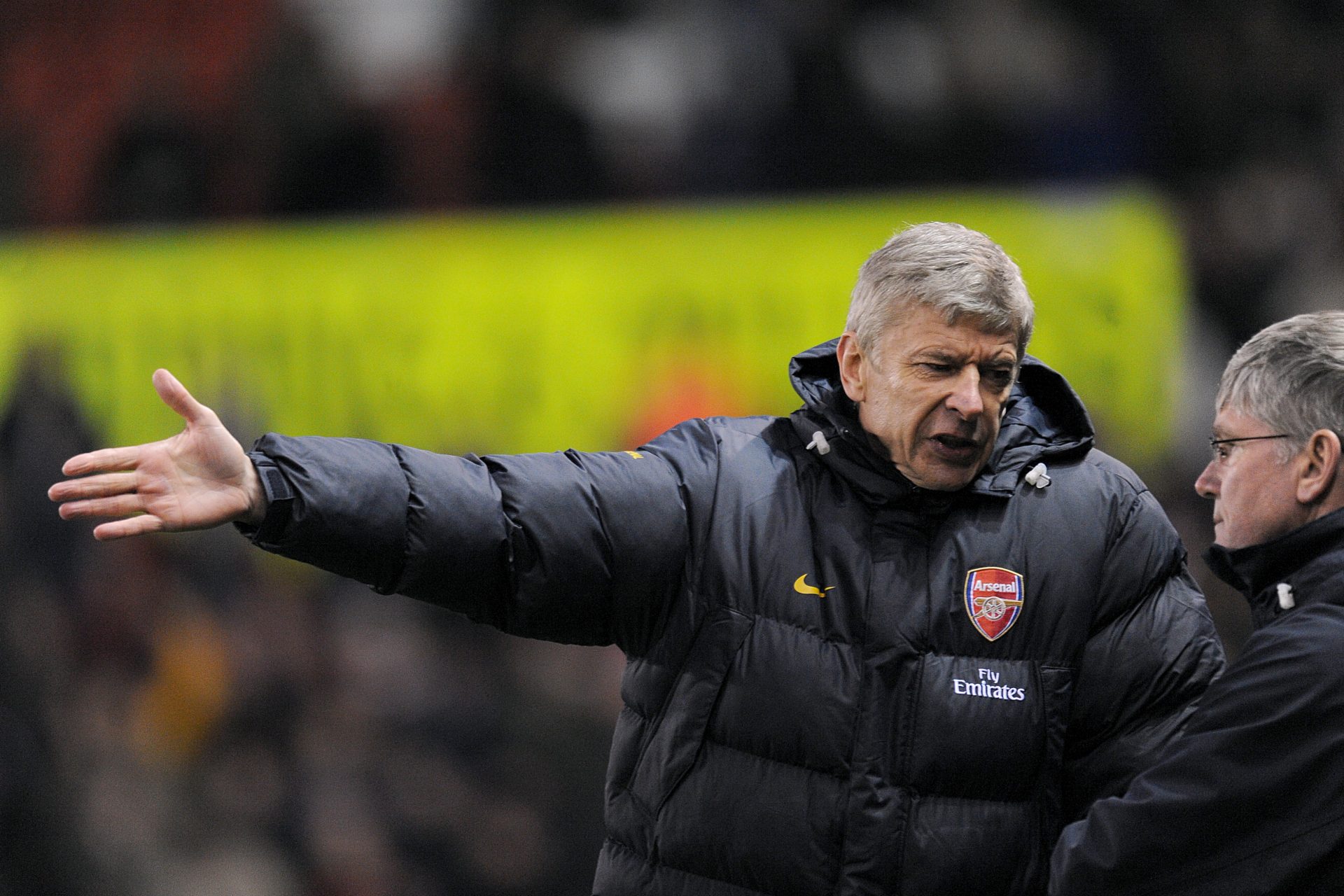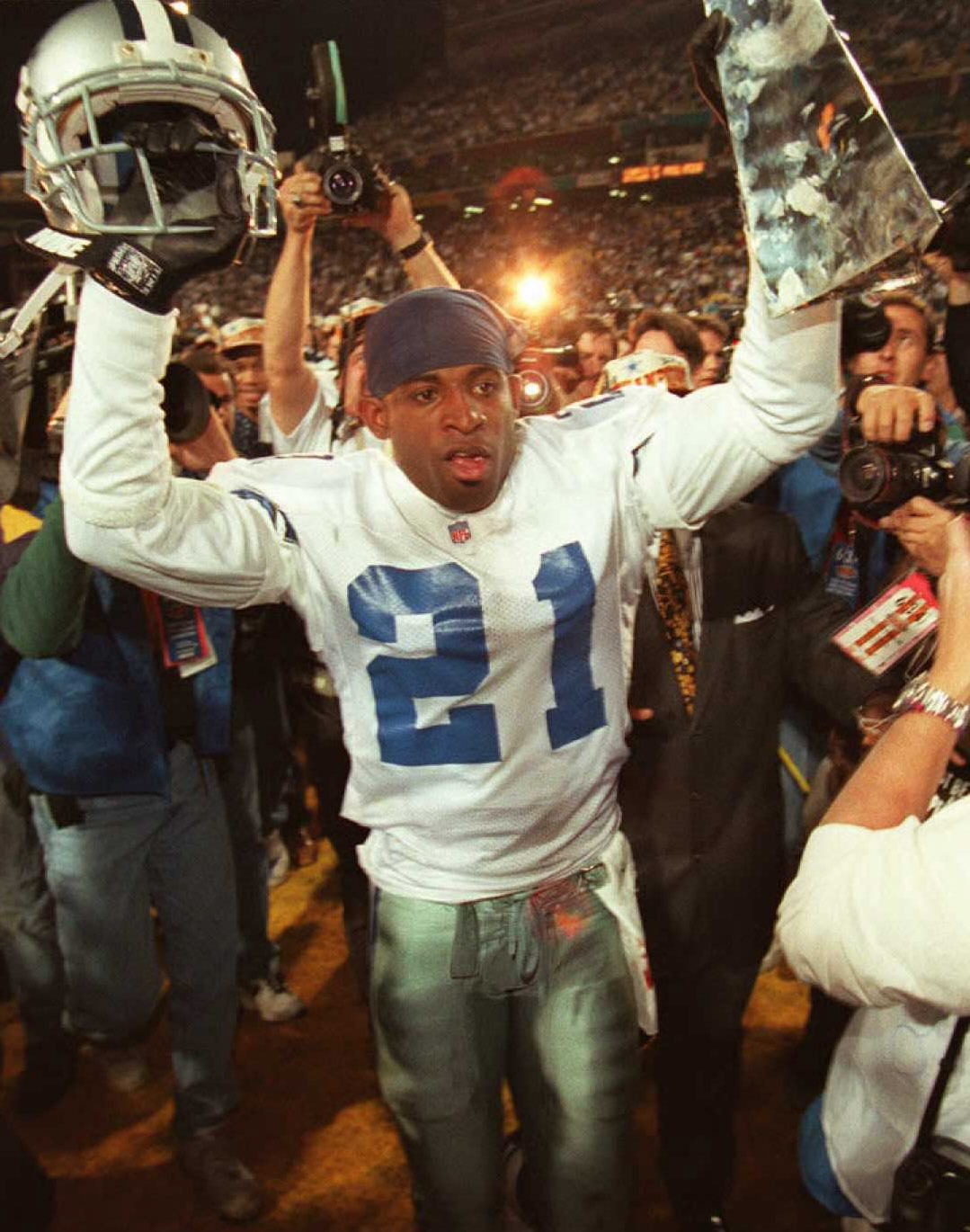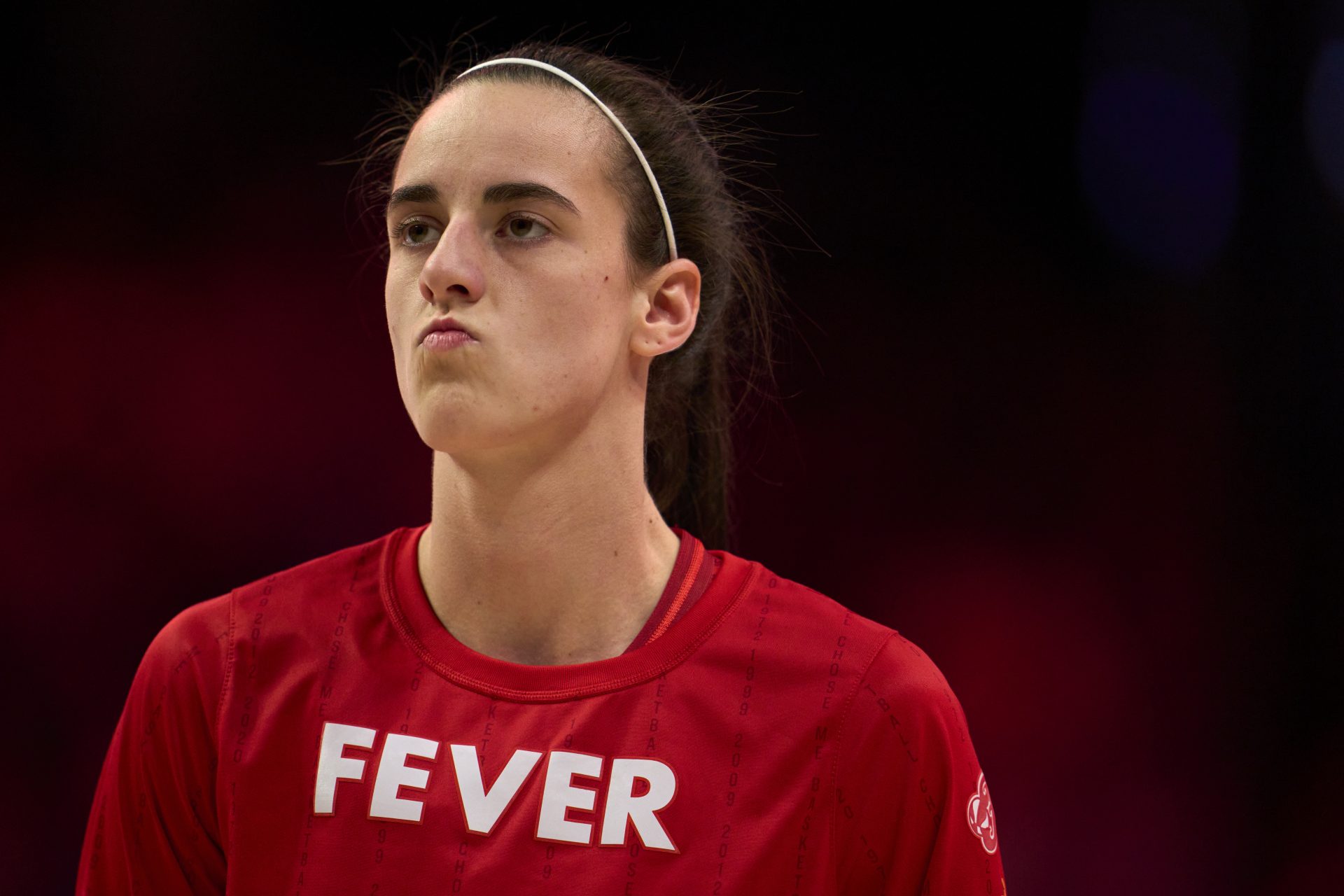How Ronaldinho went from a football great to a penniless prisoner in Paraguay
Ronaldo de Assis Moreira was born on March 21, 1980, in Porto Alegre, in the south of Brazil. As a child, his favorite game was playing ball with his friends. As a young boy, he was so talented that at the age of 7, he joined the Grêmio soccer school, as recounted by Medium.
He would begin his career here, winning the under-17 championship in 1997. To this day, Ronaldinho is considered one of the greatest prospects the team ever produced.
Want to see more like this? Follow us here for daily sports news, profiles and analysis!
In 1998, he debuted professionally in a Copa Libertadores game. That's when his undeniable talent began to draw the attention of international clubs.
In his debut for the Brazilian national team, Ronaldinho scored a great goal against Venezuela. In a show of skill, he flicked the ball over one defender, burst past another, and fired a shot past Renny Vega to score the fifth goal in what proved to be a fairly comprehensive 7-0 win on June 30, 1999.
He also stole the show in the Campeonato Gaúcho's final, scoring the winning goal against Internacional, giving Grêmio the title.
In 2001, Ronaldinho received a proposal from Paris Saint-Germain, but the hiring process led to legal problems and he had to wait months to debut in the French side, as recounted by Four Four Two.
In Japan and South Korea hosted World Cup, he helped the Brazilian national team pick up their fifth world title, alongside Rivaldo and Ronaldo, under the command of Luiz Felipe Scolari.
After Ronaldinho's success at the FIFA World Cup, he caught the eye of several major clubs. By this time, the playmaker had already made it clear that he wanted to leave PSG, which further increased expectations about which offer he would finally accept.
After turning down a proposal from Manchester United, Ronaldinho Gaúcho was transferred to FC Barcelona for 21 million euros. ($23 million, £18m), as covered by Transfermarkt.
The years 2004 and 2005 saw Ronaldinho in peak career form. He starred in Barcelona's triumphs in the Championship and the Spanish Super Cup.
Want to see more like this? Follow us here for daily sports news, profiles and analysis!
In addition, this form saw him receive the title of Best Player in the World by FIFA, twice consecutively, in 2004 and 2005, as recounted by Four Four Two.
He is the only footballer in history to win the UEFA Champions League, Copa Libertadores and FIFA World Cup, in addition to being the best player in the world, elected by FIFA.
Ronaldinho also won the Ballon d'Or in 2005 – one of the most prestigious awards in world sport!
In March 2006, Ronaldinho was ranked as the most valuable footballer on the planet, reaching an estimated value of 47 million euros. ($51.3m, £40m), as told by Four Four Two.
Want to see more like this? Follow us here for daily sports news, profiles and analysis!
After his spell at Barcelona, Dinho transferred to Milan, where he would once again dazzle with his skill and creative performances. He enjoyed a couple of good years there before playing his last game for the Italian club, ending his time in Europe in 2010.
Flamengo, a club from Rio, received Ronaldinho at the packed Gávea stadium in January 2011. But, after a year and a half without any great success, he left Rio de Janeiro to go to Atlético Mineiro.
He arrived at Atlético-MG in June 2012 and immediately became a sensation. He won a Campeonato Mineiro (2013), a Copa Libertadores da América (2013) and a Recopa Sudamericana (2014).
By this stage, Ronaldinho was already going through a professional decline. During his time at Milan, Dinho had started developing a reputation for a hard-partying lifestyle, which only carried on once he got back to Brazil, as reported by Medium.
Before retiring, he also played for Querétaro Fútbol Club, a team from Mexico, and for Fluminense.
In 2015, the player, his brother, Roberto de Assis Moreira, and the company Reno Construções e Incorporações were convicted of environmental damage. The Justice of Rio Grande do Sul decreed that they would have to pay BRL 800,000 ($160,000, £132,000, €146,000) in damages, according to Globo.
Want to see more like this? Follow us here for daily sports news, profiles and analysis!
In 2020, Ronaldinho became a defendant in a collective civil action that demanded 300 million BRL ($57.8m, £44.8m €52.8m) for financial and moral damage.
According to Valor Investe magazine, the 18K Ronaldinho group promised yields of 2% per day on cryptocurrency applications, but its investors had their funds blocked.
This all came to a head in March of the same year, when he and his brother were arrested in Paraguay after entering the country with forged passports. They spent about 32 days in jail and then served house arrest for almost five months in a hotel in Asuncion.
According to the Deutsche Welle newspaper, both Ronaldinho and his brother had to pay fines in the form of "social reparation", and cover the costs of the trial. Ronaldinho's defense has maintained that the former footballer did not know that his passport was forged.
The trial, which involved other accusations such as money laundering, was closed on August 24, 2021, a year after the former player returned to Brazil.
This brought into light the dire circumstances of Ronaldinho's finances, which saw his bank account dwindle to just £5 ($6.30, €5.85), as reported by Goal.
Life after professional football has not been kind to the once-great footballer. Despite a range of business ventures, including his own e-sports team, his own brand of organic gin, R-ONE, a wine company called Vino de Campeones, cryptocurrencies and now a burger chain in Switzerland called R10, he has struggled both financially and legally.
Want to see more like this? Follow us here for daily sports news, profiles and analysis!
More for you
Top Stories



